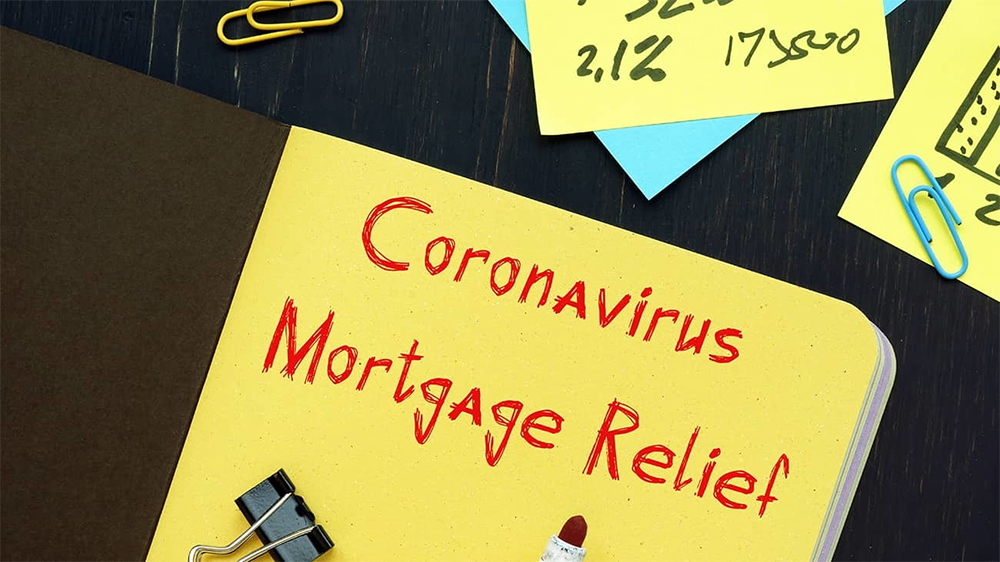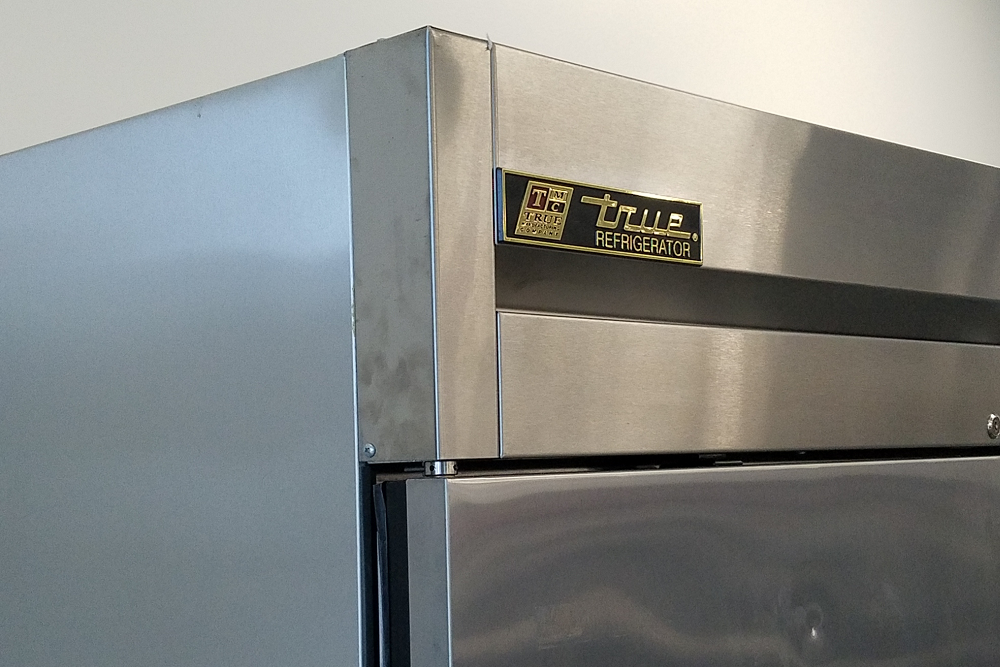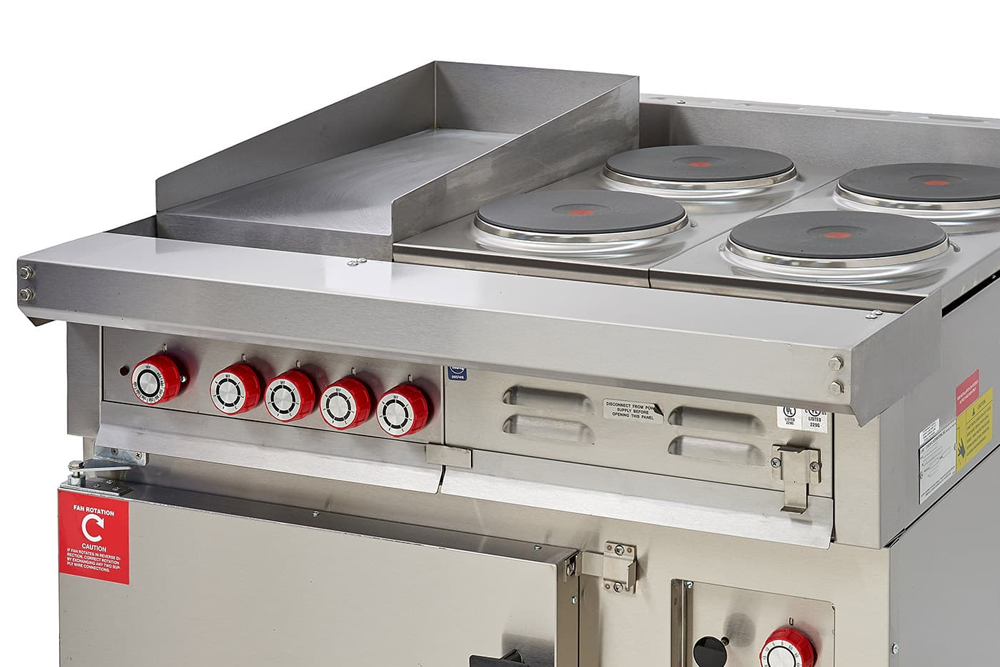
I need mortgage relief. What should I do?
If you are financially affected by the corona virus pandemic, you may be concerned about how you will manage to pay your rent or mortgage. State and federal governments, as well as loan services and financial institutions, have announced plans to assist struggling homeowners during this period. Continue reading to get information on what to do now, and what your choices are for rental relief, mortgage, and utility disconnections. However, here are some essential things to know first:
- For most homeowners with mortgages, there is assistance; however, first, assess your situation.
- If you can manage to pay your mortgage, pay your mortgage. Do not contact your mortgage services if you are not facing an immediate issue. Mortgage servicer are getting many calls, and they need to assist those who will not be able to pay their mortgage. You can check their website first for possible options.
- If you are feeling any kind of financial stress or anxiety and you can not pay your mortgage, or you can only pay part of it, contact your mortgage loan servicer as soon as possible.
- It might take some time to get a loan servicer on the telephone. Loan services are experiencing an increased call volume and might also be affected by the pandemic. Read the post carefully so you are prepared for this conversation and your options.
What type of mortgage relief are available during the Covid-19 pandemic?
Typically, the relief is based on who servicer your mortgage. Some financial institutions are enabling borrowers to defer mortgage payments for one to three months. This enables you to skip payments for now without late fees, the negative mark on your credit score, or penalties. Nonetheless, you will be required to pay the money eventually. Based on the lender, you may still accrue interest. Make sure you clarify that with your lender.
Major mortgage relief options that you have during this period
CARES Act Relief alternatives for all federally backed mortgages
This is a new federal law, the Coronavirus Aid, Relief, and Economic Security (CARES) Act. It puts in place protections for homeowners with federally backed mortgages:
- First, your loan servicer or lender may not foreclose on you for sixty days after March 18, 2020. Explicitly, the CARES Act restricts servicers and lenders from starting a judicial or non-judicial foreclosure against you, or from finalizing a foreclosure sale or judgment, during this period.
- Second, if an individual experiences financial difficulty because of the coronavirus pandemic, you have a right to request a forbearance for up to six months. Also, you can have the right to request an extension for up to another six months. You must reach your loan servicer to request this forbearance. There will be no extra charges, additional interest, penalties added to your account. You do not have to submit further documentation to qualify other than a claim to have a pandemic-associated financial difficulty.
If you do not have a mortgage that is federally backed, you still might have relief alternatives via your state or mortgage loan servicer.
Mortgage forbearance
Forbearance happens when your mortgage servicer or lender enables you to pause(suspend) or minimize your mortgage payments for a limited time while you regain your financial footing. Note that forbearance does not mean your payments are erased or forgiven. You are still needed to repay any reduced or missed payments in the future. Ensure you understand how the forbearance will be repaid. There can be various forbearance options or programs, based on the kind of your loan.
If and when your income is restored, contact your servicer and resume making payments immediately you can so your future obligation is limited. Based on the type of loan you have, there are various forbearance options. For instance, if you have USDA, VA, FHA, Freddie Mac, or Fannie Mae loan, you will not have to pay back the amount of money that was suspended all at once- not unless you can do so. At the end of the forbearance, your chances can incorporate paying all of your missed payments at one time, spread out over months, or added as extra payments at the end of your mortgage.
Moratoriums suspended or stopped foreclosure
Foreclosure is when the servicer or lender takes back the property after the homeowner fails to make the required payments on a mortgage. Foreclosure processes are different by state. Under federal law, a servicer typically cannot begin the state foreclosure process till your loan is more than 120 days past due. There can be exceptions based on your forbearance or loss mitigation program. Servicers have to work with you to avert foreclosure.
How to get mortgage relief?
To get mortgage relief, you must ask for it. If you do not ask for relief and simply decide not to pay, lenders might still turn accounts over to assess penalties and collection agencies, even if evictions and foreclosures have been temporarily stopped. Some loaners take people at their word when they say they will not be able to pay; however, you might have to offer proof you have lost your job or had working hours reduced, so be prepared. But the critical thing is to avoid stressing about it.
How the process of asking for mortgage relief looks like?
Step 1: call your servicer
You might have to wait on the line for a while to speak to the mortgage servicer since there are a lot of people in line today. You should also be prepared with the questions you want to ask and look at their website before you call to check if there is a list provided of information you might need or if you can just apply online. Also, have your account number handy.
Step 2: Be prepared to ask questions when seeking mortgage relief
- When calling your mortgage lender, you can ask the following question:
- What options are available to assist you to suspend or temporarily reduce payments, and for what length of time?
- Will the interest keep calculating?
- Are there any fees?
- Do you still need to pay insurance, taxes, and mortgage insurance?
- Will this negatively affect my credit rating?
Step 3: Get it in writing
After you can secure a mortgage relief, ask your servicer to offer written documentation that confirms the information of your forbearance agreement and that you are clear on what the terms are.
What to do once you are receiving a mortgage relief option?
While you are in a mortgage relief option, there are various things to do to keep on protecting yourself.
- Make sure you pay your secured debt first. First, pay your secured debt, such as car or mortgage payments, and then manage unsecured debt such as credit cards. Lenders can forestall on you after non-payment for a particular duration. If you decide to ignore your payments and do not do anything proactively, they have the right to take back your house if you are not making payments on it.
- Keep written documentation on hand. You want to ensure that you have this documentation accessible if there are any mistakes on your monthly mortgage statements.
- Pay attention to your monthly mortgage statement. Keep on monitoring your monthly mortgage statements to ensure you do not see mistakes.
- Stop or change auto payments for your mortgage. If you have your mortgage payment deducted automatically from your bank account, ensure you make necessary adjustments to avoid any charges.
- Watch your credit. Look over your credit reports routinely to ensure there are no mistakes. If you halt making mortgage payments without a forbearance agreement, the lender will report his information to the credit reporting agencies, and it can have a lasting negative effect on your credit report.
- After your income is restored, reach your servicer and recommence your payments. When it comes to forbearance, you still owe the payments that you missed; however, fewer missed payments indicates you owe less down the road.
- If you keep on receiving some income that turns out to be more than you require for your bills and expenses, consider putting the extra money away so you can use it to pay off what is needed later. If you can save any money now, it will be useful when payments are due later.














